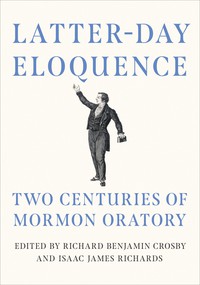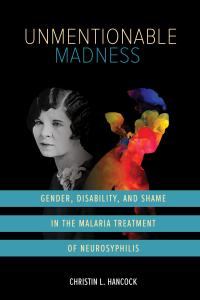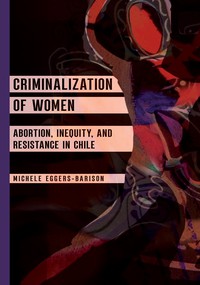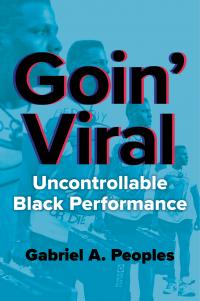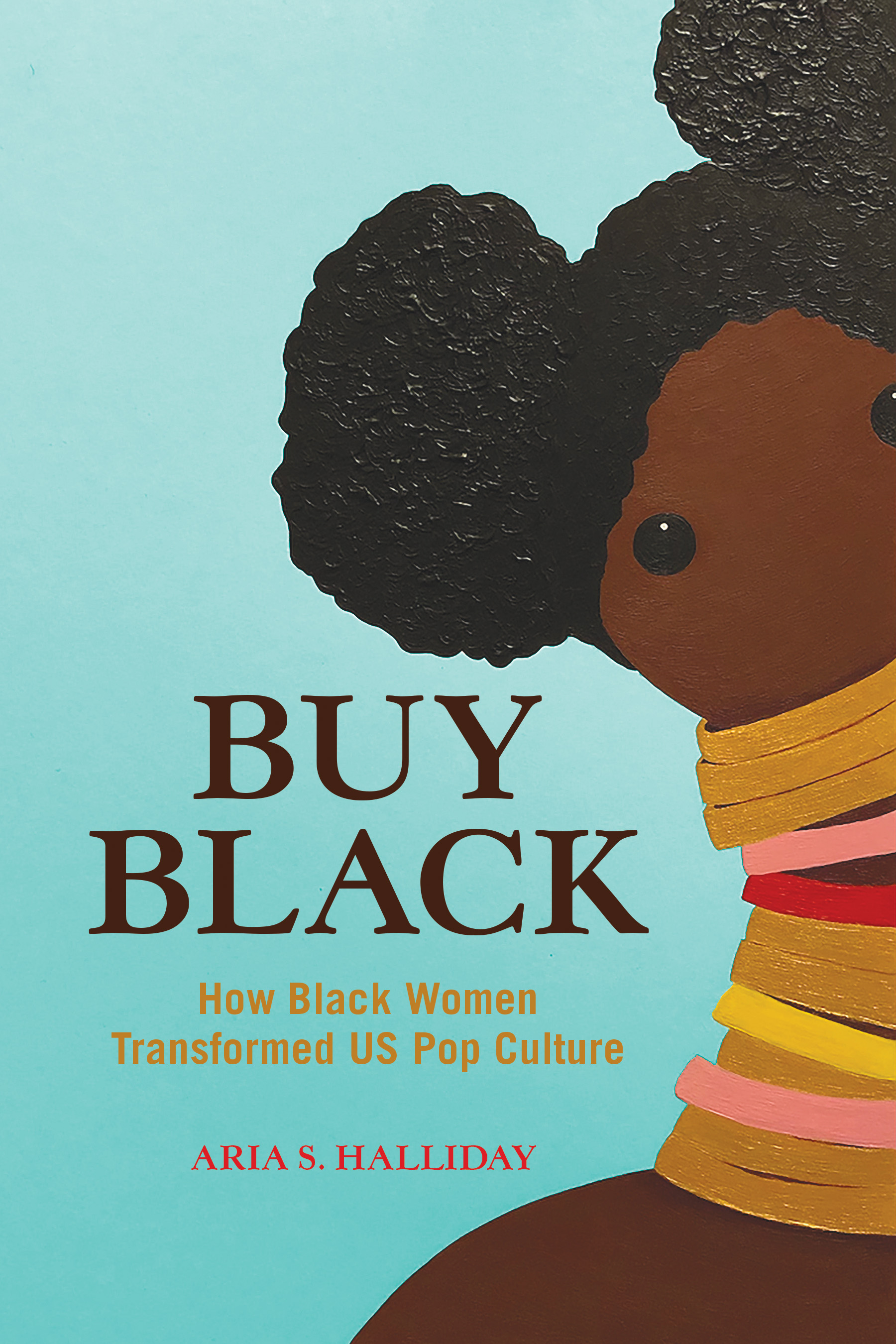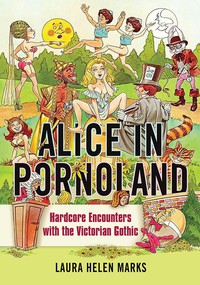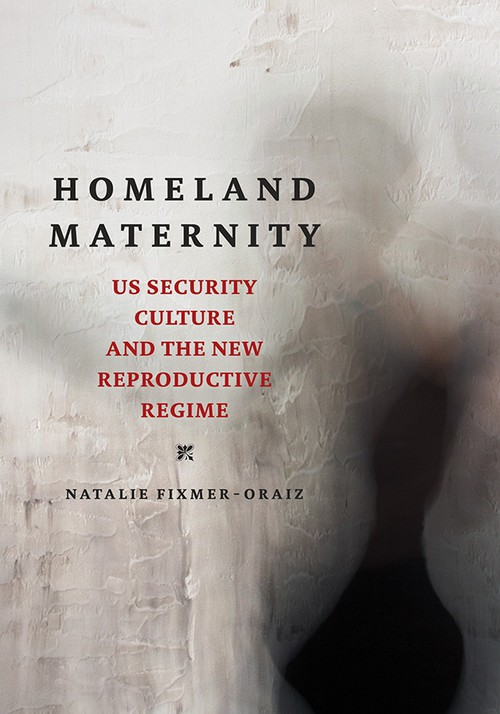
Homeland Maternity
Cloth: 03/25/2019
About the Book
In US security culture, motherhood is a site of intense contestation—both a powerful form of cultural currency and a target of unprecedented assault. Linked by an atmosphere of crisis and perceived vulnerability, motherhood and nation have become intimately entwined, dangerously positioning national security as reliant on the control of women's bodies.Drawing on feminist scholarship and critical studies of security culture, Natalie Fixmer-Oraiz explores homeland maternity by calling our attention to the ways that authorities see both nonreproductive and "overly" reproductive women's bodies as threats to social norms—and thus to security. Homeland maternity culture intensifies motherhood's requirements and works to discipline those who refuse to adhere. Analyzing the opt-out revolution, public debates over emergency contraception, and other controversies, Fixmer-Oraiz compellingly demonstrates how policing maternal bodies serves the political function of securing the nation in a time of supposed danger—with profound and troubling implications for women's lives and agency.
About the Author
Natalie Fixmer-Oraiz is an assistant professor of communication studies and gender, women's, and sexuality studies at the University of Iowa.Reviews
"This book is devastatingly good. Good because it is elegantly written, tightly argued, and theoretically informed and informative. Devastating because it makes clear that a nasty thicket of laws, institutions, and rhetoric values pregnancy (even a potential pregnancy) more than the integrity, safety, and humanity of women, pregnant people, and mothers. I have long followed public policy debates over reproductive health care. Fixmer-Oraiz's conclusions should not have surprised me and the examples should not have horrified me. But they did." --Argumentation and Advocacy"Decidedly grounded in an ethic of reproductive justice and its bringing together of 'feminist studies of maternal and reproductive politics and critical scholarship on homeland security culture,' (3-4) Natalie's homeland maternity provides a necessary and nuanced framework for naming and understanding complex, urgent events around reproductive politics today." --IZG OnZeit
"Fixmer-Oraiz powerfully articulates how reproductive justice and homeland maternity provide scholars and activists the vocabularies and interpretive frameworks to interrogate and disrupt dominant mechanisms that are used to police individuals' reproductive lives. Homeland Maternity is intellectually rigorous, forceful, and timely to the current sociopolitical context. It can and should inform future studies in rhetoric, media studies, and gender and women's studies." --Women's Studies in Communication
"Despite the devastating picture Homeland Maternity paints, it provides glimpses of hope. . . . Fixmer-Oraiz reminds us that the dominant narratives, especially narratives about women, are not always accurate. There are better stories we could be telling." --Christian Century
Blurbs
"I love Homeland Maternity. It's brilliantly conceived, broadly interpretive and intersectional, wisely written, politically astute, and very useful. I wanted to underline nearly every sentence. Fixmer-Oraiz has crafted an extremely smart and scary book."--Rickie Solinger, coauthor of Reproductive Justice: An Introduction
"In this clearly written and cogently argued book that ranges across a broad array of public discourse, Natalie Fixmer-Oraiz brings into focus the disturbing intersections between reproductive politics and national security in the post-9/11 era. Historically and theoretically informed, Homeland Maternity makes clear that the regulation of women’s bodies is a key weapon in struggles over nationalism, nativism, and the meaning of security."--Bonnie J. Dow, author of Watching Women's Liberation, 1970: Feminism's Pivotal Year on the Network News
"A must-read for scholars interested in contemporary motherhood and/or the rhetoric of security. In Homeland Maternity, Fixmer-Oraiz offers an incisive analysis of an eclectic set of texts to illuminate how the long-standing connections between discursive constructions of motherhood and the nation function in the post-9/11 United States."--Sara E. Hayden, coeditor of Mediated Moms: Contemporary Challenges to the Motherhood Myth

